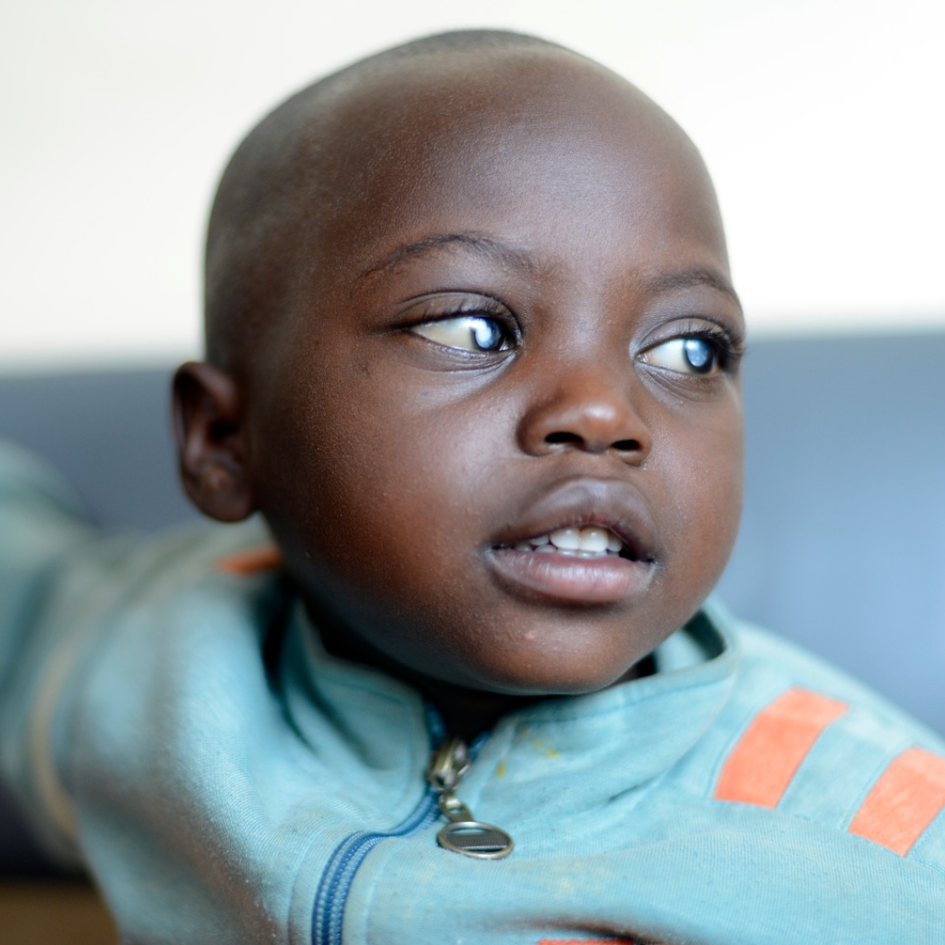
9 out of 10 people who are blind don't need to be
Their condition is preventable or treatable. In developing countries, 9 out of 10 people who are blind don’t need to be. Eye diseases like cataract, trachoma and diabetic retinopathy can lead to blindness when, in fact they're either treatable or preventable.
Our mission is to put an end to this. To achieve this, we are focusing on these four key areas:
👁️ Restoring and preserving sight.
📚Training and supporting eye doctors and nurses.
🏥 Strengthening local health systems.
🔬Driving innovation and research.
The driving force behind our work. Imagine being blind purely because of circumstance. It’s almost unthinkable, yet millions of people around the world are suffering from this exact fate.
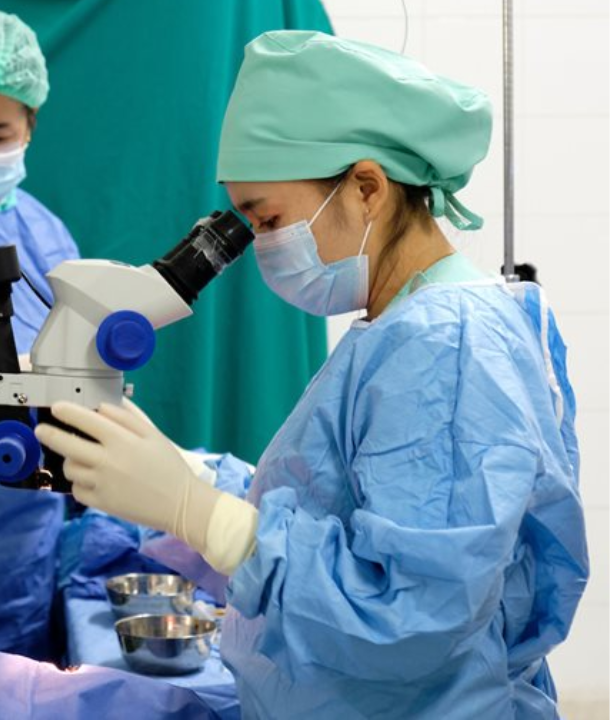
WHAT IMPACT CAN YOUR DONATION BRING?
Blindness and vision impairment is a health issue, and related to a person's well-being, quality of life and development opportunities. The Fred Hollows Foundation believes that a fly-in-fly-out model is not the best way to develop a place’s eye health care. Our vision is to build sustainable, good quality and affordable eye care in remote areas of the world.
Your donation will be used to:
- Train surgeons or eye health workers
- Provide medical equipment
- Organise eye screening camps in remote areas
- Raise awareness of eye health to the public
- Invest in innovation and research
The ongoing eye health challenge
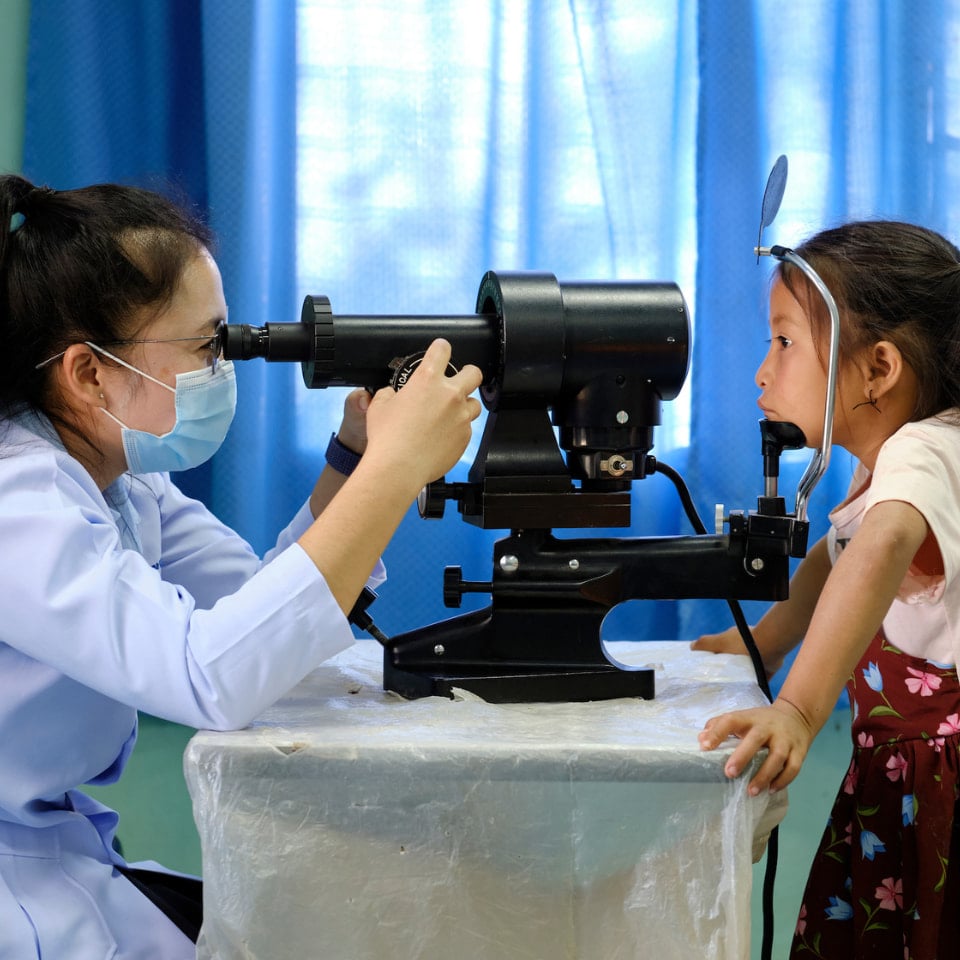
Limited access to eye health services
In rural Laos, access to specialised eye health services is scarce. With few ophthalmologists and limited facilities, many people can't receive the treatment they need. Without proper care, children like Chansouk face the risk of avoidable blindness, affecting their education and future. Your generosity can help bring vital eye care to those who need it most.
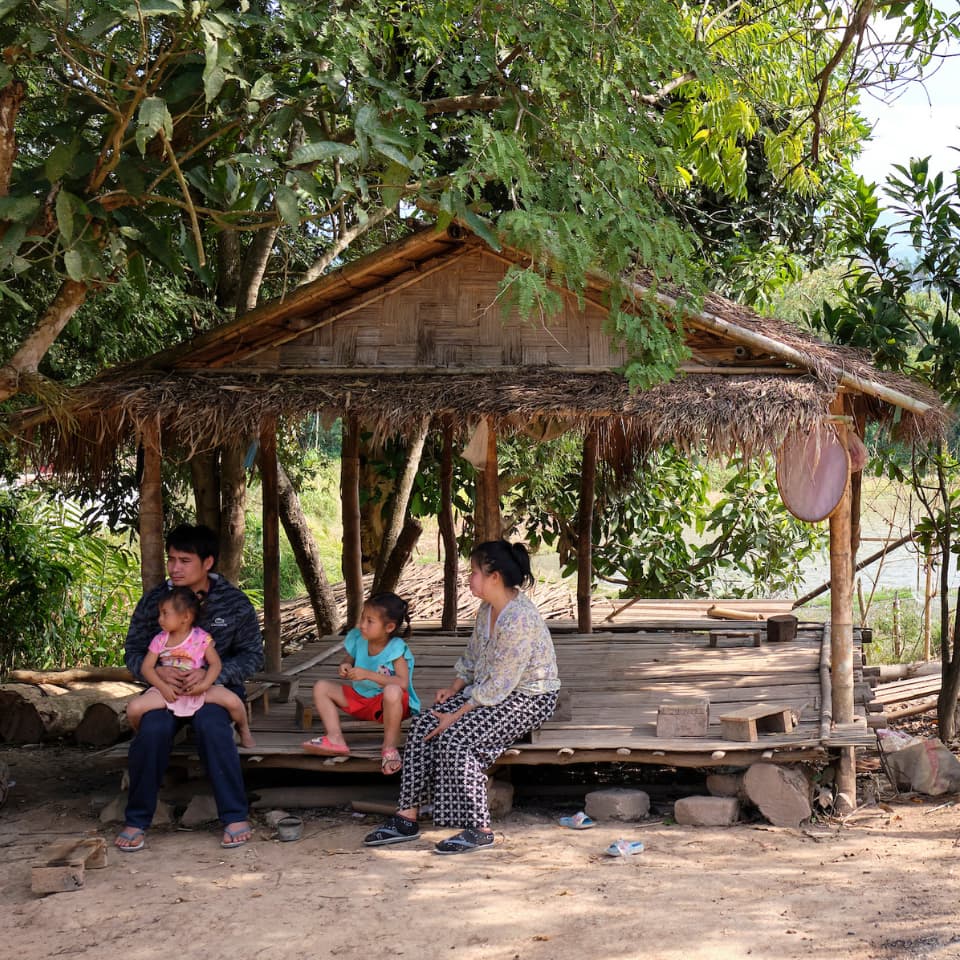
Poverty and healthcare costs
Poverty is a significant barrier to receiving eye care in Laos. Families often can’t afford the cost of surgeries or even the journey to reach eye health centres. Your support helps cover these costs, allowing children like Chansouk to receive sight-restoring surgery and reclaim their future. Your kindness can remove financial barriers and restore sight to those in need.
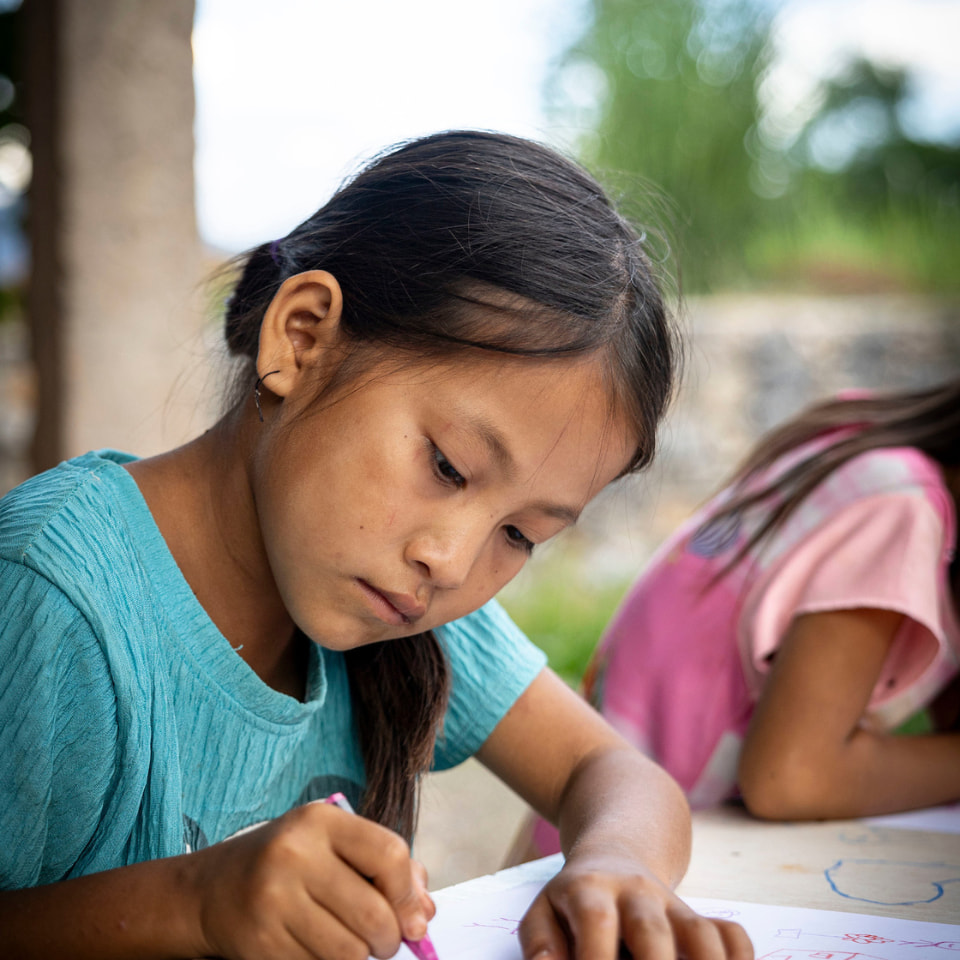
Lack of awareness and education
In many communities, there’s little understanding of treatable conditions like cataracts. Families may not know that blindness can be avoided. By educating communities and training teachers and health workers, we can help more people seek treatment in time to prevent avoidable blindness. With your help, we can spread awareness and restore the sight of many more children.
Blindness and vision loss in Kenya
In Kenya, access to quality eye care is limited—but your support is helping to change that.
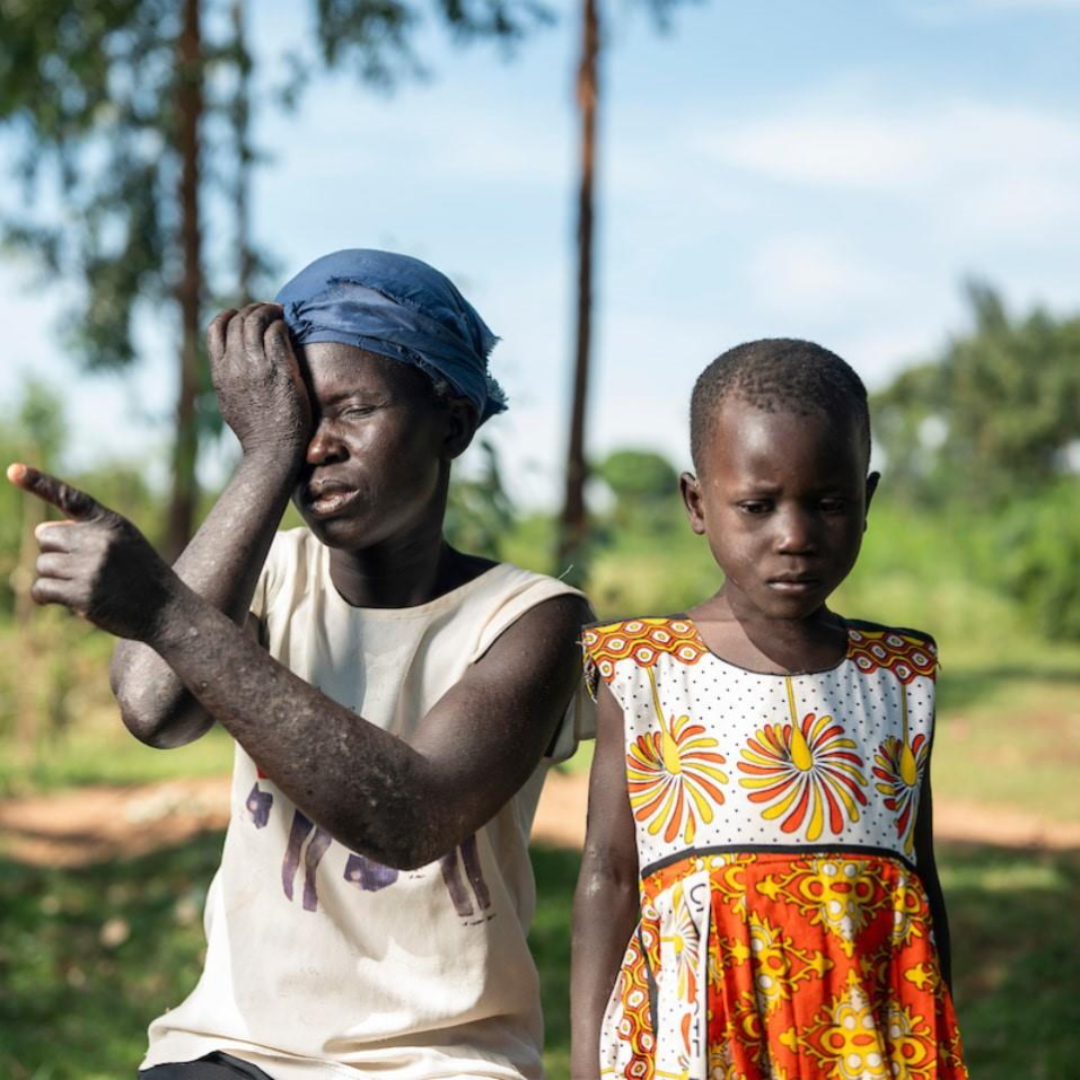
A growing crisis for eye health
More than 328,000 people in Kenya are blind, with 750,000 visually impaired.
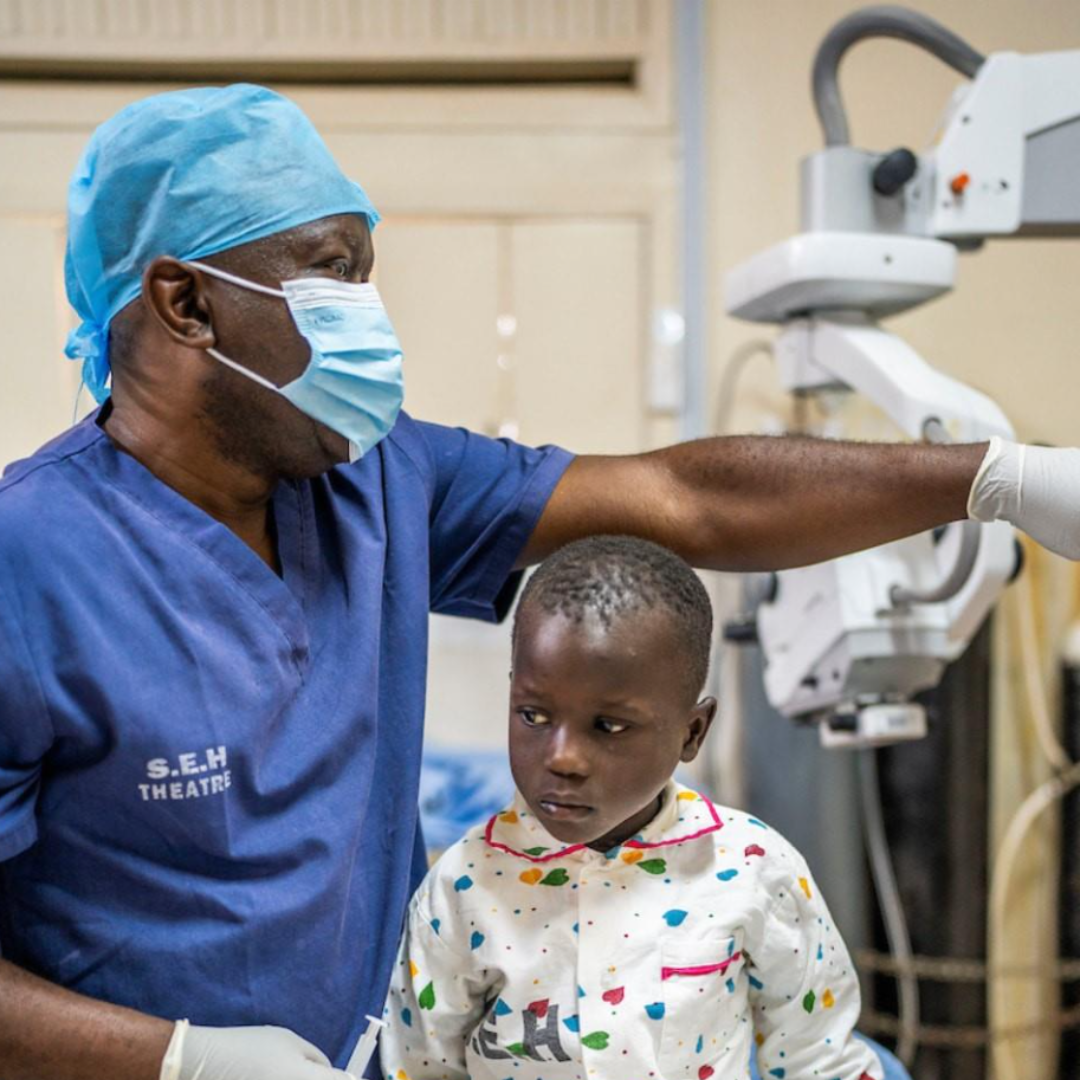
Cataracts are the leading cause
Cataracts cause 43% of blindness in Kenya. Every year, around 14,500 new cases of cataract are discovered.
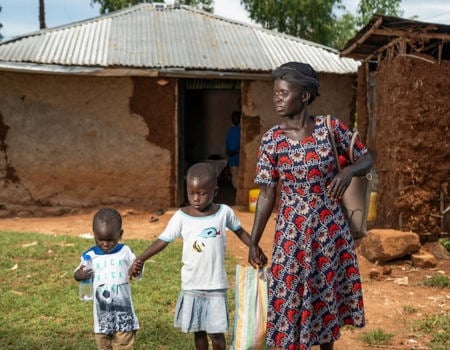
Women face greater barriers
Women experience higher rates of blindness, but fewer receive surgery than men.

Specialists in the country are limited
Eye care services are limited—half of all ophthalmologists work in Nairobi, leaving 40 million people with less than 50 eye doctors.
Together, we can do this
We know how to help, but there’s a lot of work still to be done across the world. Eliminating avoidable blindness can be achieved – with the help of our partners and, most importantly, you, our incredible supporters.
The Fred Hollows Foundation's work will help build the local capacity of eye health in remote areas. Doctors, nurses and community eye care staff can identify, diagnose, refer and treat various eye diseases on time in the community.
The Fred Hollows Foundation believes that a fly-in-fly-out model is not the best way to develop a place’s eye health care. Our aim is to build a sustainable eye health workforce in remote areas to help people have their sight restored.
Thank you very much for your donation! Monthly donation receipts will be mailed to your mailing address every April. If you have any questions, please feel free to contact us.